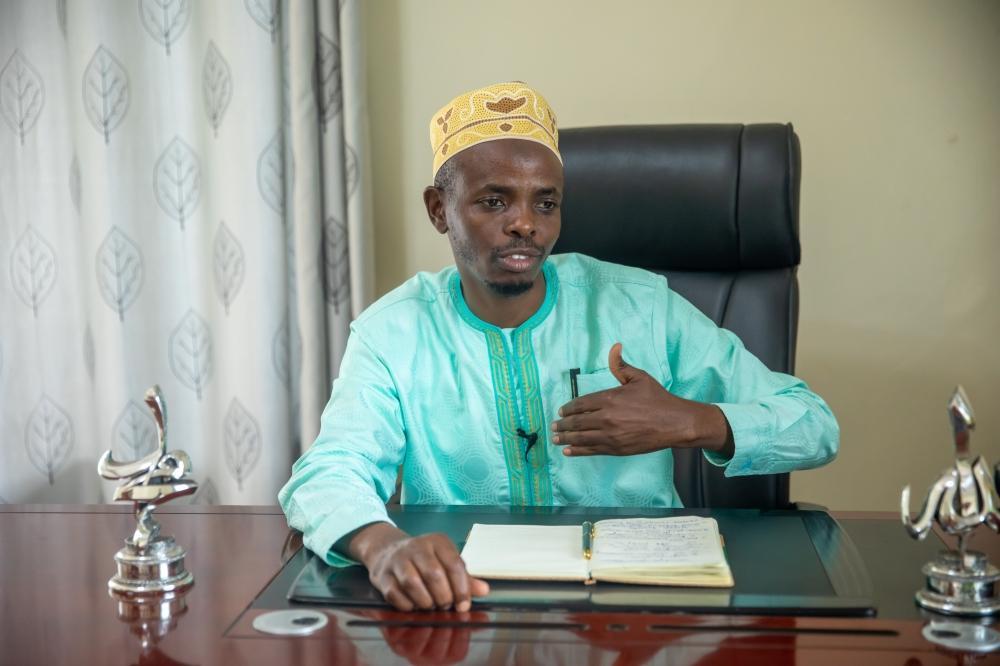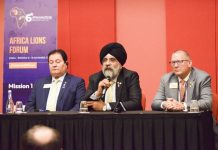Africa-Press – Rwanda. The Rwanda Muslim Community is racing to ensure leaders of 320 mosques acquire the academic qualifications required under the revised national policy for faith-based organisations before the Rwanda Governance Board’s (RGB) grace period expires in March 2026.
At present, only 130 of the country’s 450 mosque leaders hold a bachelor’s degree, the minimum academic qualification now required for religious leadership. To bridge the gap, the community has turned to regional institutions, particularly in Uganda to provide accelerated theological training.
“We are working with the Islamic University in Uganda, which is currently training 130 leaders who will support this process,” said Sheikh Musa Sindayigaya, the Mufti of Rwanda.
He added that those with degrees in other fields must complete at least 1,200 hours of theological instruction, while six-month intensive courses are also being arranged to help leaders meet the standards. “Ultimately, the long-term solution is establishing our own university with a faculty of Islamic Studies,” he noted.
Sindayigaya stressed that while short courses can offer temporary relief, lasting compliance depends on leaders holding degree-level qualifications. The community is also pursuing scholarships from foreign universities to accelerate training.
Regulatory pressure mounts
Under RGB rules, faith-based organisations had one year from the revision of the policy to comply with requirements related to academic qualifications, governance structures, documentation and facility standards. Failure to meet the criteria by March 2026 could result in the closure of non-compliant places of worship.
Faith-based organisations must also upload required documents through an online portal, which confirms receipt and initiates inspection. Sindayigaya said the Muslim community expects to meet most conditions, including the 1,000-signature requirement showing community support.
“We have no problem gathering signatures. The main challenge remains academic qualifications because Rwanda lacks a theology university,” he said.
Other denominations feel the strain
While the Muslim community has recorded progress, several other religious groups are reportedly struggling with the same requirements.
RGB’s revised 2025 regulations require each organisation to provide at least 1,000 signatures from community members who know the organisation along with national IDs, phone numbers, and evidence of compliance with construction laws and leadership documentation. RGB Chief Executive Officer Doris Picard Uwicyeza said the rule aims to promote transparency and prevent misleading practices.
“Some members leave and form new churches nearby, often misrepresenting their origins. The signatures ensure the community understands the organisation’s activities and prevents confusion,” she said, adding that religious leaders participated in drafting the guidelines.
Still, concerns persist. MP Jean Claude Ntezimana warned that smaller congregations may struggle to meet the threshold, while larger churches have a clear advantage.
Archbishop Laurent Mbanda, chair of the Rwanda Inter-Religious Council, clarified that signatures do not have to come from church members but from community members familiar with the organisation.
Compliance gaps remain wide
RGB’s 2024–2025 data shows only three of 49 organisations applying for accreditation were approved, while just one of 23 secured a collaboration certificate.
Compliance levels in governance, transparency and financial management ranged between 55.3 and 74.8 percent.
By December 2024, Rwanda had 2,366 registered organisations, 24.4 percent of them faith-based. Nationwide inspections uncovered gaps such as misleading teachings, financial opacity, leadership disputes and non-compliant facilities.
As a result, 21 organisations had their accreditation revoked and 9,171 out of 13,770 places of worship were closed.
Uwicyeza said ongoing dialogue with religious leaders focuses on strengthening governance, ensuring legal compliance and raising operational standards.
“Strengthening leadership accountability and ensuring facilities meet construction standards remain key to improving credibility,” she said.
For More News And Analysis About Rwanda Follow Africa-Press






